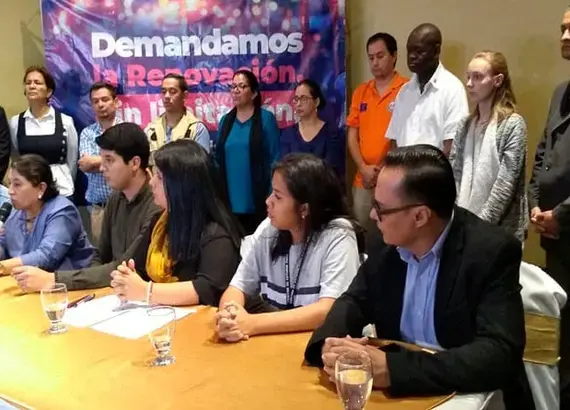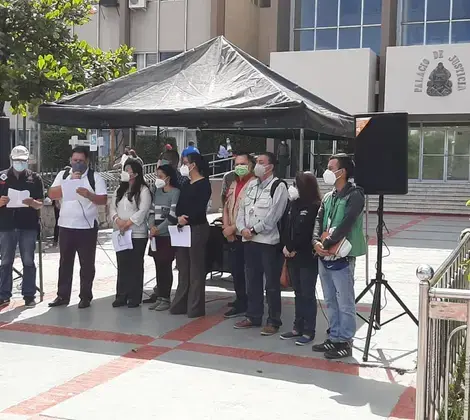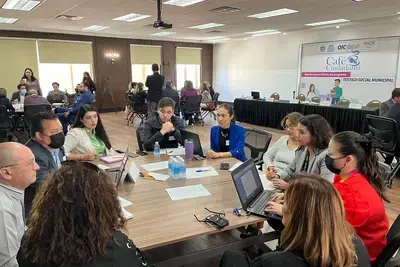
Success Story
Civic Groups Take on Corruption in Honduras
In January 2020, the Honduran government chose not to renew the mandate of the Organization for American States’ Mission to Support the Fight against Corruption and Impunity (MACCIH). Shuttering MACCIH rolled back important progress in combating impunity from the law in a country where corruption is endemic in the political system. Earlier this year, Honduran courts dismissed a case against two dozen legislators connected to a vast corruption scheme, known as Pandora, to embezzle public funds for political ends. Additionally, the former director of Invest-H, a Honduran agency charged with procuring emergency medical supplies for the COVID-19 pandemic, is being investigated over misuse of foreign loans. Despite the setbacks, Honduran civic groups remain committed to advancing an accountability and transparency agenda that will lead to a better and more inclusive future for all Hondurans.

information and emergency public procurement processes, including:
-
Anti-nepotism legislation to increase transparency in public procurement;
-
Transparency guidelines for the distribution of emergency relief supplies; and
-
The repeal of the Law of Secrets (Ley de secretos), the National Intelligence Law (Ley de inteligencia nacional) and the Population Security Law (Ley de seguridad poblacional), all perceived as sources of corruption in Honduras.
The report also includes another 29 recommendations for proposals aimed at public institutions and the private sector to strengthen mechanisms to detect, prevent, investigate and sanction acts of corruption in public procurement.
The Coalition’s research, reports and proposals are filling an important gap in the fight against corruption in Honduras’ in the aftermath of the closure of the MACCIH. They are defending critical elements of the MACCIH’s legacy and making the costs of corruption in times of crisis more visible to the public. The Coalition pressured the Supreme Court of Audit (Tribunal Superior de Cuentas, TSC) to publish publicly a comprehensive report, later shared with the Public Prosecutor’s Office (Ministerio Público, MP), on misused COVID-19 public funds.
To help the Coalition and other civic group partners advance their transparency agenda, NDI shared best practices in advocacy and communications, and methodologies to monitor public procurement. The Institute’s support is premised on a guiding view that accountability and transparency work must be inclusive and decentralized -- echoing Honduran partners’ view that “together we are stronger.” To this end, NDI works with not just the Coalition, but with civil society organizations and networks across the country, representing diverse communities seeking to strengthen the country’s democratic institutions.
NDI collaboration with Honduran anti-corruption groups is made possible by support from the National Endowment for Democracy.



